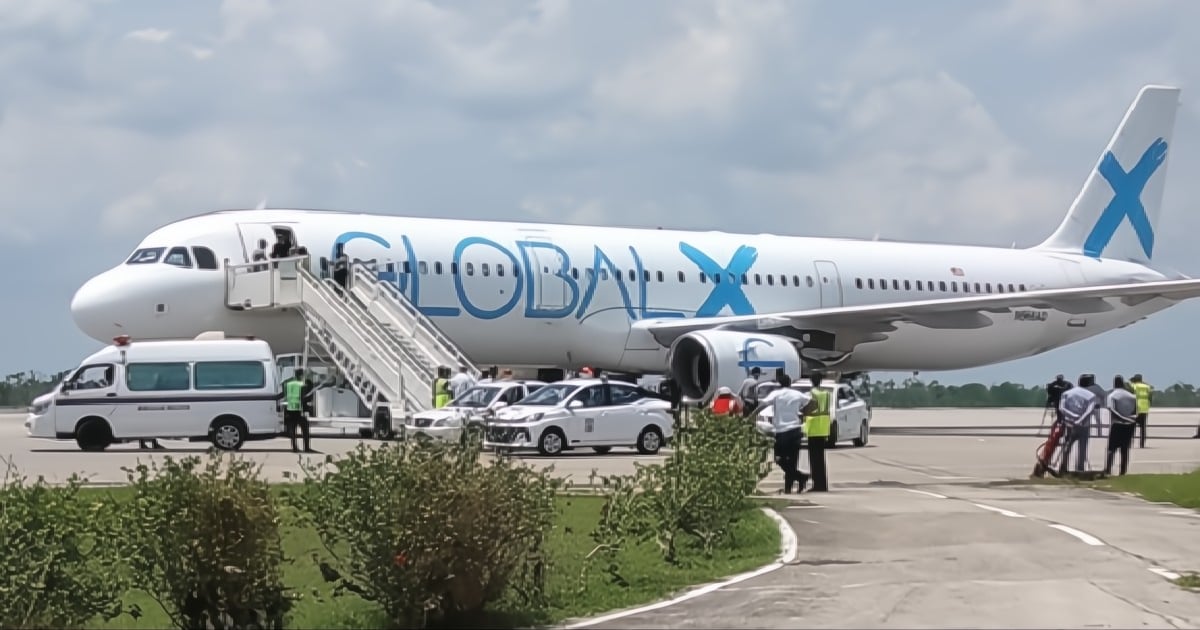In Miami, a coalition of immigrant rights organizations, community leaders, and elected officials gathered on Monday to oppose the U.S. Supreme Court's decision that enables the Trump administration to revoke the humanitarian parole program. "Forcing Cubans who received humanitarian parole to return to Cuba now would be a moral failure. The island is under a repressive dictatorship where political dissent is met with imprisonment, torture, and forced exile," stated Ana Lucía Peláez, executive director of the Miami Freedom Project.
Peláez's sentiments were echoed by representatives from the Venezuelan, Nicaraguan, and Haitian communities, who also demanded an urgent review of the Trump administration's immigration policies. They argued that authoritarian regimes and extreme violence in their countries put their lives at significant risk.
Since its inception, the humanitarian parole program has facilitated the legal entry of over 500,000 individuals from Cuba, Haiti, Nicaragua, and Venezuela. The termination of this program poses a direct threat to those who escaped oppressive conditions and now face the possibility of being forced to return. This decision is poised to split thousands of migrant families in the United States.
The Cuban Regime's Cynical Response
While Miami voices advocated for migrant rights, Cuban Foreign Minister Bruno Rodríguez Parrilla took to social media to criticize U.S. Secretary of State Marco Rubio. Rodríguez accused Rubio of "betraying" the very Cubans he once encouraged to emigrate.
In a post on X, Rodríguez wrote: "The U.S. Secretary of State has gone from being a demanding and arrogant senator to an echo and outstanding employee of the White House and the plutocracy governing the United States. He has betrayed those he encouraged to migrate, labeling them criminals and murderers. Has he sold his commitments to secure his current position?" His message was accompanied by an image of ICE agents detaining an immigrant.
The foreign minister represents a system that, since 1959, has turned mass emigration into a political escape valve. Nonetheless, his rhetoric aligns with a strategy to downplay the exodus they have caused and once again blame the United States for Cuba's migration crisis.
Frequently Asked Questions about the Humanitarian Parole Revocation
What is the humanitarian parole program?
The humanitarian parole program was designed to allow individuals from countries facing oppressive regimes and violence, such as Cuba, Haiti, Nicaragua, and Venezuela, to enter the United States legally.
Why is revoking the humanitarian parole program considered a moral failure?
Revoking the program is seen as a moral failure because it forces individuals who fled repressive conditions back to environments where their safety and freedom are threatened.
How does the revocation impact migrant families in the U.S.?
The revocation could lead to the separation of thousands of migrant families, as individuals who have legally entered the U.S. might be forced to return to their home countries.
